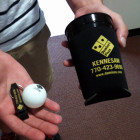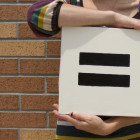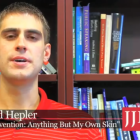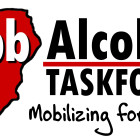
The Repeal of “Don’t Ask, Don’t Tell” and Its Effects on College Campus ROTC’s
|
The U.S. military’s policy barring openly gay men and women from serving expires this morning. Known as “don’t ask, don’t tell,” the prohibition has been in place since 1993.
The repeal of the law has far-reaching effects not only for the military but also on the Reserve Officers’ Training Corps (ROTC) on college campuses. In recent years, some ROTC units have left public colleges rather than admit openly gay students.
But ROTC’s acceptance of openly gay men and women may not have a large impact on enrollment, says Jennifer Miracle, the associate director of intercultural affairs for the LGBT Resource Center at the University of Georgia.
“I do know [gay and lesbian students] involved in ROTC, mostly women,” Miracle said. “In the past, they have been afraid to come to our office. I do hope that will change, but there are still many barriers for students coming out, not just this.”
Miracle went on to say that in the South, especially, students face family and religious pressures that make it hard for someone to come out, regardless of whether there is a don’t ask, don’t tell policy.
Miracle however, is still excited about the repeal.
“It’s wonderful,” Miracle said, “but I think it is also unfortunate that it has taken this long. It would be great to say it is no longer an issue, but that’s just not the case. There will continue to be struggles and the cultural changes ahead will be difficult. These will take a long time. But, yes, it is exciting to see progress; it has been a long time coming.”





